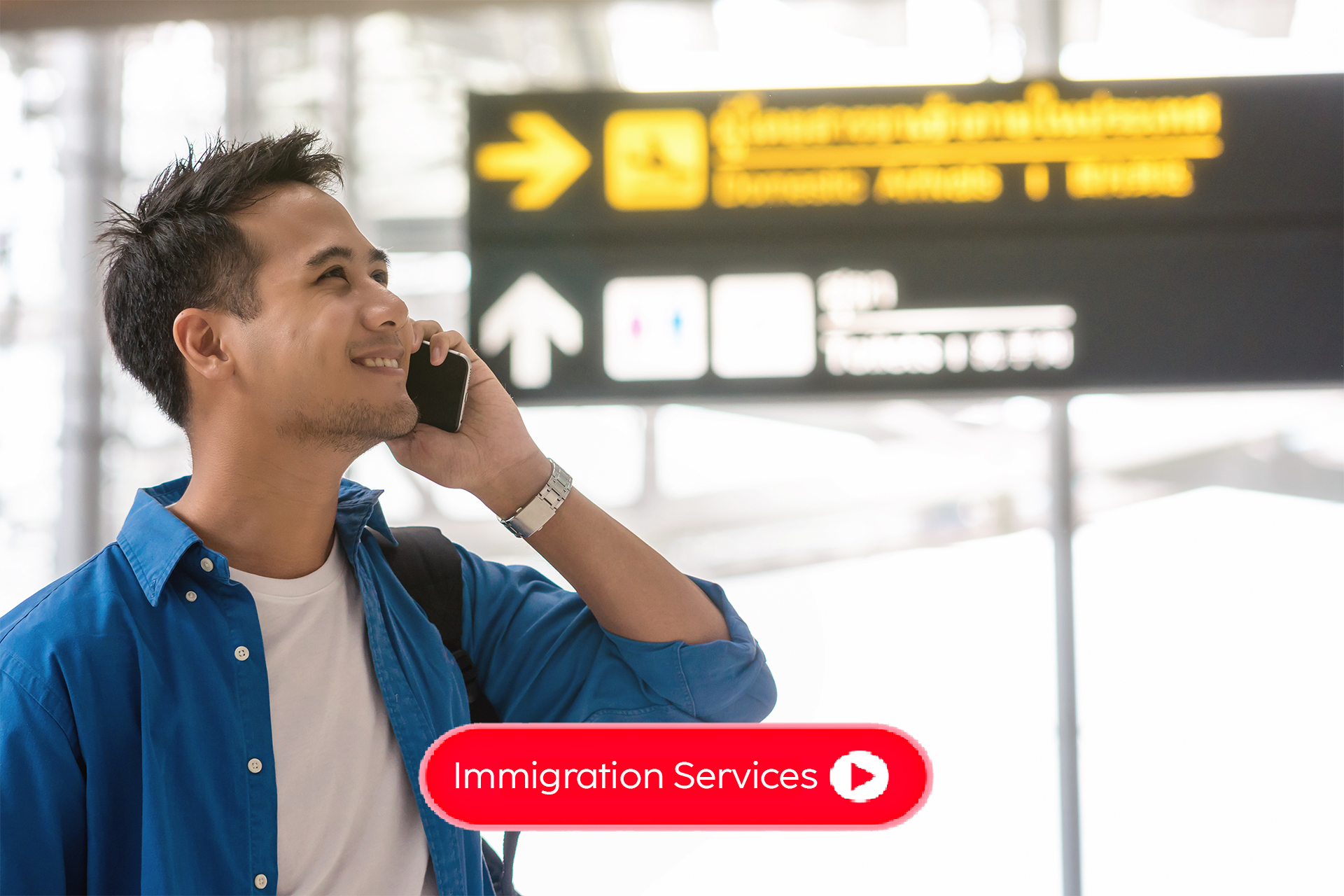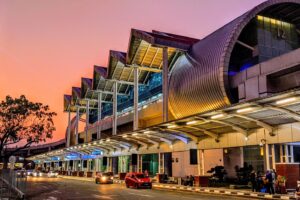Amidst the rapid growth of the economy and global developments, the demand for foreign labor and foreign investments in Indonesia is steadily increasing. This heightened demand underscores the pivotal role that immigration services play in supporting Indonesia’s integration into the international community. In light of this, General of Immigration at the Ministry of Law and Human Rights of the Republic of Indonesia, Silmy Karim, has been diligently devising various strategies to enhance the quality of immigration services, aiming to make Immigration’s presence more palpable to the public.
It’s well-known that immigration services constitute a critical facet of Indonesia’s engagement with the world. Over the past few decades, Indonesia has emerged as a destination of choice for a diverse array of groups, including tourists, business professionals, diplomats, and foreign workers. Hence, it is imperative that immigration services operate with efficiency and effectiveness to underpin economic growth, tourism, and foster improved international relations.
Enhancing immigration services is a fundamental necessity to streamline travel and facilitate investment, creating a more hospitable environment for foreigners seeking work or investment opportunities within Indonesia.
Recognizing the importance of improving service quality and fostering innovation, Silmy Karim is resolute in his mission to elevate Indonesia’s entry points, optimizing performance, and elevating quality across various sectors.
Strategies and Innovations to Elevate Immigration Services
During a working visit to the Immigration Office of Class I Non TPI Pati on October 19th, Silmy laid out three key strategies to position Immigration at the forefront. These include budget optimization, enhancing the quality of human resources, and understanding the rules of engagement.
Silmy emphasized, “One of my primary focal points is ensuring that the budget is optimized. Heads of various Immigration Units need to be meticulous when drafting budgets for their respective work units.” His statement was made in the auditorium of the Pati Immigration Office.
He added, “When our facilities are comprehensive, our performance in aiding the public becomes more optimal and efficient.” His remarks, as reported by Antara, underscore the importance of well-equipped facilities in service delivery.
Concerning the elevation of human resource quality within Immigration, Silmy proposed solutions such as “tour of duty” and “tour of area.”
Promotions and staff rotations are part of the plan to enhance the quality of human resources, primarily in the realms of managerial and technical proficiency.
Moreover, in harmony with President Joko Widodo’s directive regarding the development and streamlining of Immigration services for both Indonesian and foreign nationals, Silmy hopes that the spirit of the President resonates with all Immigration personnel across Indonesia. His message is simple: abide by the established rules.
“For further improvement, any rules that pose hindrances must be eliminated in line with the President’s guidance. Hence, in the latest immigration regulations, all recommendations from other agencies have been removed,” he stated.
General Immigration Introduces Autogate at Ngurah Rai Airport, Bali
One of the notable enhancements introduced by the Directorate General of Immigration at the Ministry of Law and Human Rights is the introduction of the autogate system. This automated system has been deployed at I Gusti Ngurah Rai International Airport in Tuban Village, Kuta District, Badung. A total of 90 autogates have been strategically installed to facilitate the scanning of electronic visa-on-arrival (e-VoA) at Ngurah Rai Airport.
These 90 machines comprise 60 brand-new autogates placed in the international arrival terminal and 30 autogates situated in the international departure terminal.
The installation of these automated machines for international travelers is carried out in two phases. The first phase encompasses the installation of 30 autogates by December 26, 2023, in the arrival terminal, while the remaining 60 will be completed in 2024.
In light of the installation process, Suhendra conveyed his apologies to passengers for any inconvenience they may experience in the immigration area. However, he reassured travelers that immigration checks will proceed without disruption, with all regular inspection counters operating at maximum capacity. Autogates are expected to expedite immigration checks for both Indonesian and foreign passengers utilizing e-VoA, thereby enhancing the efficiency and effectiveness of the immigration clearance process.
It’s worth noting that the autogate system has already been introduced at Soekarno-Hatta Airport in Tangerang. This airport features 24 similar autogates, akin to those used by Doha Airport in Qatar, aimed at improving immigration services for both Indonesian and foreign passengers. The new autogate system promises a smoother user experience, from landing to baggage retrieval, thereby enhancing overall efficiency and service quality.
The newly introduced autogates feature facial recognition technology and can complete international passenger checks in less than 20 seconds.
In conclusion, the ongoing improvement of immigration services in Indonesia represents a critical step towards supporting economic growth, enhancing the quality of life for residents, and attracting foreign investments and talent. The investment in a more efficient immigration service system is an investment in the country’s future, promising long-term benefits for all stakeholders.





 20% off today. Whatsapp us!
20% off today. Whatsapp us!